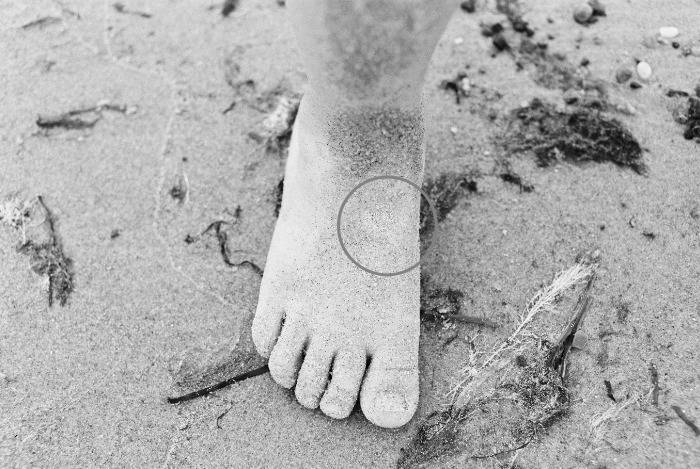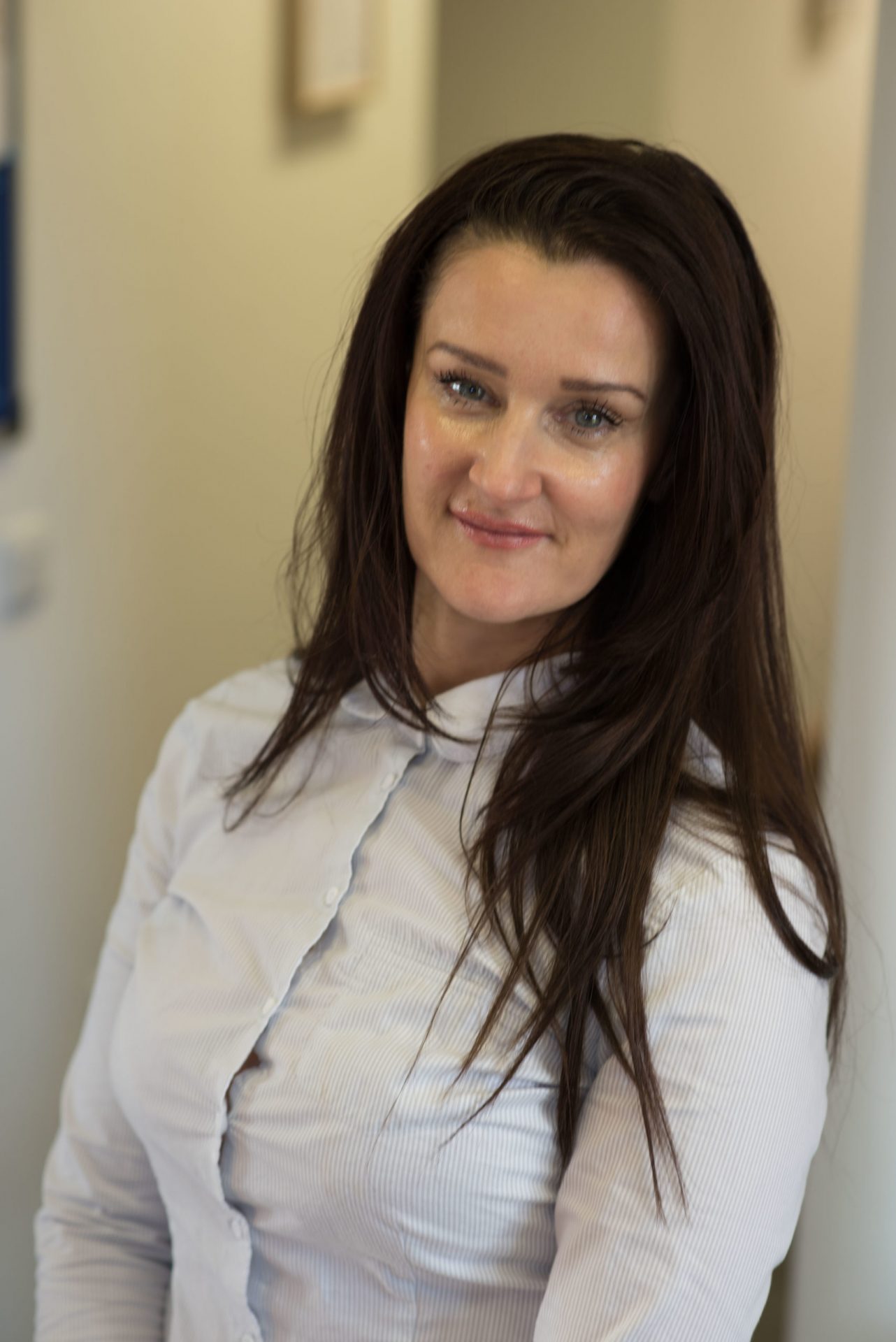What is a Köhler’s Disease? Here are some facts about this condition
Köhler’s disease is a condition that impacts a bone on the inner arch of the foot. This bone is called the navicular. This relatively rare disorder of the foot typically affects males more than females and occurs between the ages of 2 and 10 years of age with a peak occurs during the ages of 3 to 7 years. Children usually present with a painful mid-foot and find it difficult to apply pressure on the area.
Cause of Kohler’s Disease (Arch Pain)
Kohler disease belongs to a group of conditions called osteochondroses. Osteochondroses are disturbances of bony growth at ossification centres that occurs during times of great developmental activity.
The navicular bone is the last bone in the foot to ossify (turn from soft cartilage into bone). This ossification process usually happens between the ages of 18months to 2yrs in girls and a little later in boys, between 2.5 and 3 years.
It is thought that if the navicular bone ossifies a little later than usual, the softer bone is affected by weight bearing pressures and stresses caused by repeated running, jumping, hopping and skipping. This compression or strain injury to the soft bone causes a temporary loss of blood supply to the developing navicular bone resulting in an avascular necrosis of the growth centre in the bone.
Symptoms of Kohler’s Disease
The signs and symptoms of Köhler’s disease can differ, but they generally include:
-
Redness around the inside of the foot, near your arch
-
A swollen foot
-
Tenderness/pain along the inside of the arch
-
Pain worse if putting pressure on the affected foot
Symptoms can last for a few weeks or may persist for up to 2 years.
Treatment aims to reduce the pain and inflammation, diminish a limp and allow the child to ambulate without pain. Children experiencing moderate to severe pain may require temporary immobilization with the use of a removable walking boot / cast for a few weeks or months. Most children will require the use of foot orthoses placed inside a stable shoe to help reduce the weight bearing pressure on the navicular bone, until the bone recovers. Bone healing may take from as little as a few months or, in some cases, up to 2 years.
Is your child suffering from this disease? One of our podiatrist can assist and help what treatment options are best for your child. ✅
Schedule an appointment here or you may call us at 44 (0) 207 101 4000. 📞
We hope you have a feetastic day! 👣☀️
-The Chelsea Clinic and Team




